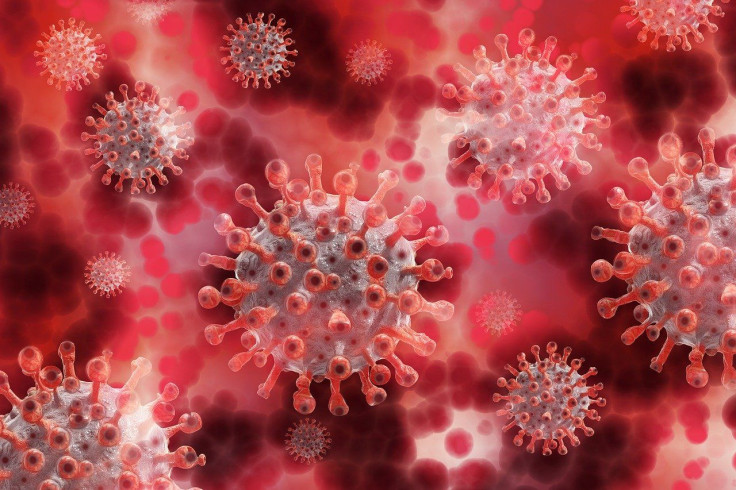CDC To Check Wastewater To Better Understand Coronavirus Spread In Communities
KEY POINTS
- Government agencies want to better understand how the virus spreads in communities
- The CDC is looking into wastewater after the agency found the presence of the virus in untreated wastewater
- Preliminary studies find no traces of virus in swimming pools or hot tubs
The Centers for Disease Control and Prevention (CDC) will examine America's wastewater to gain more insight into how the coronavirus spreads in communities after discovering the presence of SARS-CoV-2 virus in untreated wastewater.
In an attempt to further understand how the coronavirus spreads, the CDC and the U.S. Department of Health and Human Services (HHS) announced the creation of a comprehensive national database on wastewater statistics, facts, and figures, which they call the National Wastewater Surveillance System (NWSS).
This plan came into being after findings of studies forwarded to the CDC detected the presence of the coronavirus in untreated wastewater, although there is no proof of the virus being present in hot tubs or pools, ABC News reported.

Researchers from the Water Environment Federation (WEF), a non-profit technical and educational organization, conducted one of such studies. The research team was comprised of experts involved in science and water operations, as well as health and safety. After completing the study, they forwarded their report to the U.S. Environmental Protection Agency (EPA), U.S. Occupational Safety and Health Administration (OSHA) and the CDC.
Wastewater or sewage water includes those that come from toilets, sinks and showers, which can contain fecal waste. In April, scientists warned that the virus may spread through aerosolized feces and some have even looked at the possibility of the virus spreading through farting.
Non-household water sources, such as rainwater and those coming from various industries, also form part of the greater body of wastewater. Scientists say they can conduct tests on wastewater which will allow them to check for RNA from SARS-CoV-2, the virus that causes COVID-19 in humans.
They added that although there is evidence of the presence of SARS-CoV-2 in fecal matter, there is no solid proof that anyone can get sick with COVID-19 due to exposure to untreated or treated wastewater. Similar testing on wastewater has also been successfully used in the past to detect the presence of viruses and bacteria that cause other diseases like polio, experts revealed.
The CDC and HHS are asking health departments under state and local governments to conduct their own wastewater tests and submit the information they gather to a portal that is now under development. This portal allows state and local departments to directly submit their reports to the NWSS, which federal health officials can use to gain a better insight as regards the extent of coronavirus infections in communities and come up with new health guidance for the public.
Full participation in a national surveillance database ensures data comparability in different jurisdictions.
The CDC explained that wastewater data will not replace COVID-19 surveillance systems that are already in place, complements such systems by making available important data at the sub-county level. It will also be easier for health officials to gain access to a pooled community wastewater sample data.
© Copyright IBTimes 2024. All rights reserved.





















